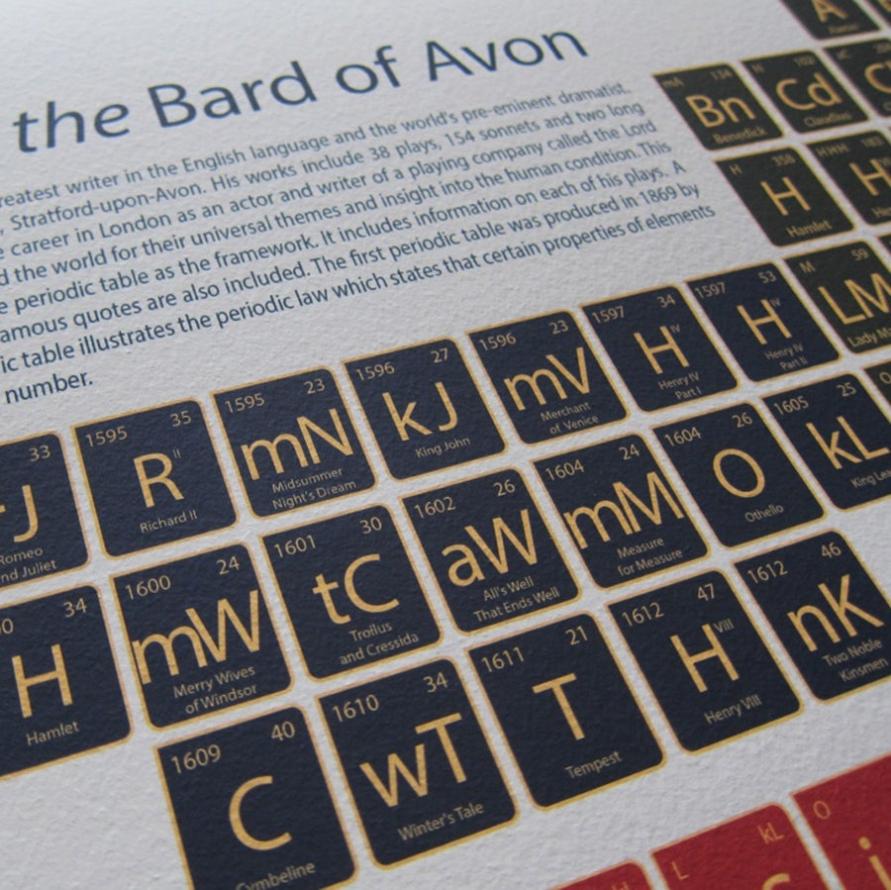How Did William Shakespeare's Life and Times Influence His Writing?
William Shakespeare, the renowned playwright and poet, has left an indelible mark on literature with his timeless works. His plays and poems continue to captivate audiences worldwide, offering profound insights into the human condition. This article delves into the intricate relationship between Shakespeare's life and times and the profound influence they exerted on his writing.

I. Shakespeare's Life:
Childhood And Early Life:
- Shakespeare was born in Stratford-upon-Avon, England, in 1564.
- His upbringing in a small town provided him with a rich tapestry of characters and experiences that would later find their way into his plays.
- The influence of his family, education, and social class shaped his early development and worldview.
Marriage And Family:
- Shakespeare's marriage to Anne Hathaway and the birth of his children significantly impacted his writing.
- Themes of love, marriage, and family relationships are prevalent throughout his works.
- His personal experiences enriched his understanding of human emotions and relationships.
Theater Career:
- Shakespeare's involvement in the theater world, both as an actor and playwright, profoundly influenced his writing.
- He gained firsthand knowledge of theater conventions, audience expectations, and censorship, which shaped his artistic choices.
- The demands of the theater forced him to be concise, engaging, and attuned to his audience's tastes.
II. Historical And Cultural Context:
Elizabethan Era:
- The Elizabethan era, marked by the reign of Queen Elizabeth I, was a period of great change and upheaval.
- Political, social, and cultural shifts significantly impacted Shakespeare's worldview and writing.
- Key events like the Spanish Armada and the Reformation shaped the backdrop of his plays.
Renaissance Humanism:
- The intellectual movement of Renaissance humanism emphasized the value of classical learning and the individual.
- Shakespeare's works reflect the humanist emphasis on reason, individualism, and the pursuit of knowledge.
- His plays explore the complexities of human nature and the search for meaning in life.
Protestant Reformation:
- The Protestant Reformation, which challenged the authority of the Catholic Church, had a profound impact on English society.
- Shakespeare's plays often grapple with moral and ethical issues influenced by religious beliefs and conflicts.
- His characters' struggles reflect the tensions and uncertainties of a society in religious transition.
III. Shakespeare's Writing:
Themes And Motifs:
- Shakespeare's works are replete with recurring themes and motifs, such as love, power, ambition, and betrayal.
- These themes reflect the social, political, and cultural context of his time.
- His plays explore the complexities of human nature and the universal human experiences that transcend time and place.
Language And Style:
- Shakespeare's mastery of language is evident in his use of vocabulary, imagery, and rhetorical devices.
- His plays are characterized by rich and evocative language that enhances their emotional impact and depth of meaning.
- His ability to create memorable phrases and turns of phrase has left an enduring legacy in the English language.
Characterization:
- Shakespeare's skill in creating complex and memorable characters is one of his defining traits.
- His characters are often multifaceted, with both strengths and flaws, reflecting the complexities of human nature.
- His ability to bring characters to life and make them relatable to audiences across time and cultures is a testament to his genius.
William Shakespeare's life and times were inextricably linked to his writing, shaping his worldview, themes, and artistic choices. His works mirror the social, political, and cultural landscape of Elizabethan England, offering profound insights into the human condition. The enduring relevance and significance of Shakespeare's plays and poems lie in their ability to transcend time and speak to universal human experiences. His works continue to inspire, challenge, and entertain audiences worldwide, cementing his legacy as one of the greatest writers in history.
YesNo

Leave a Reply